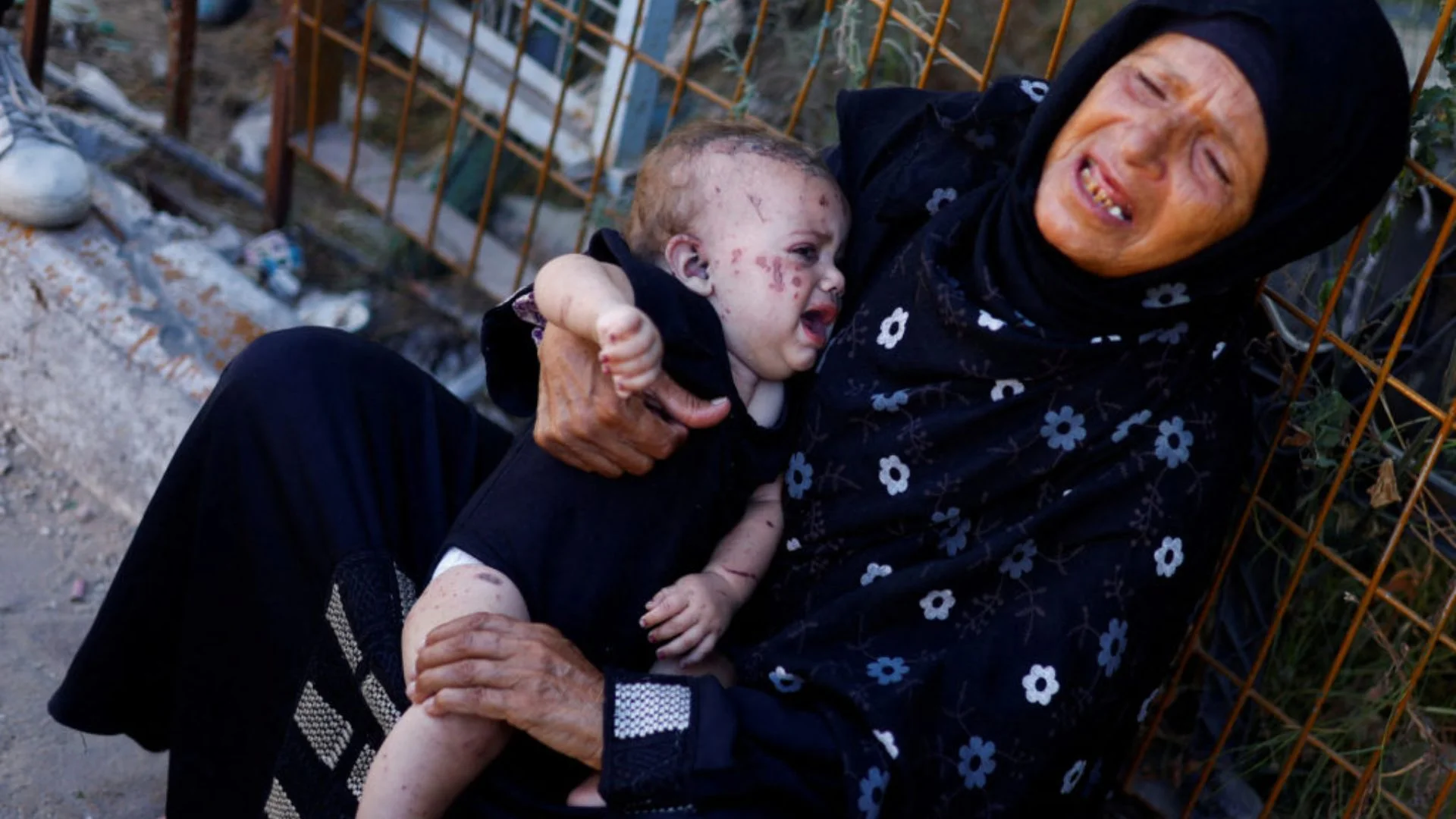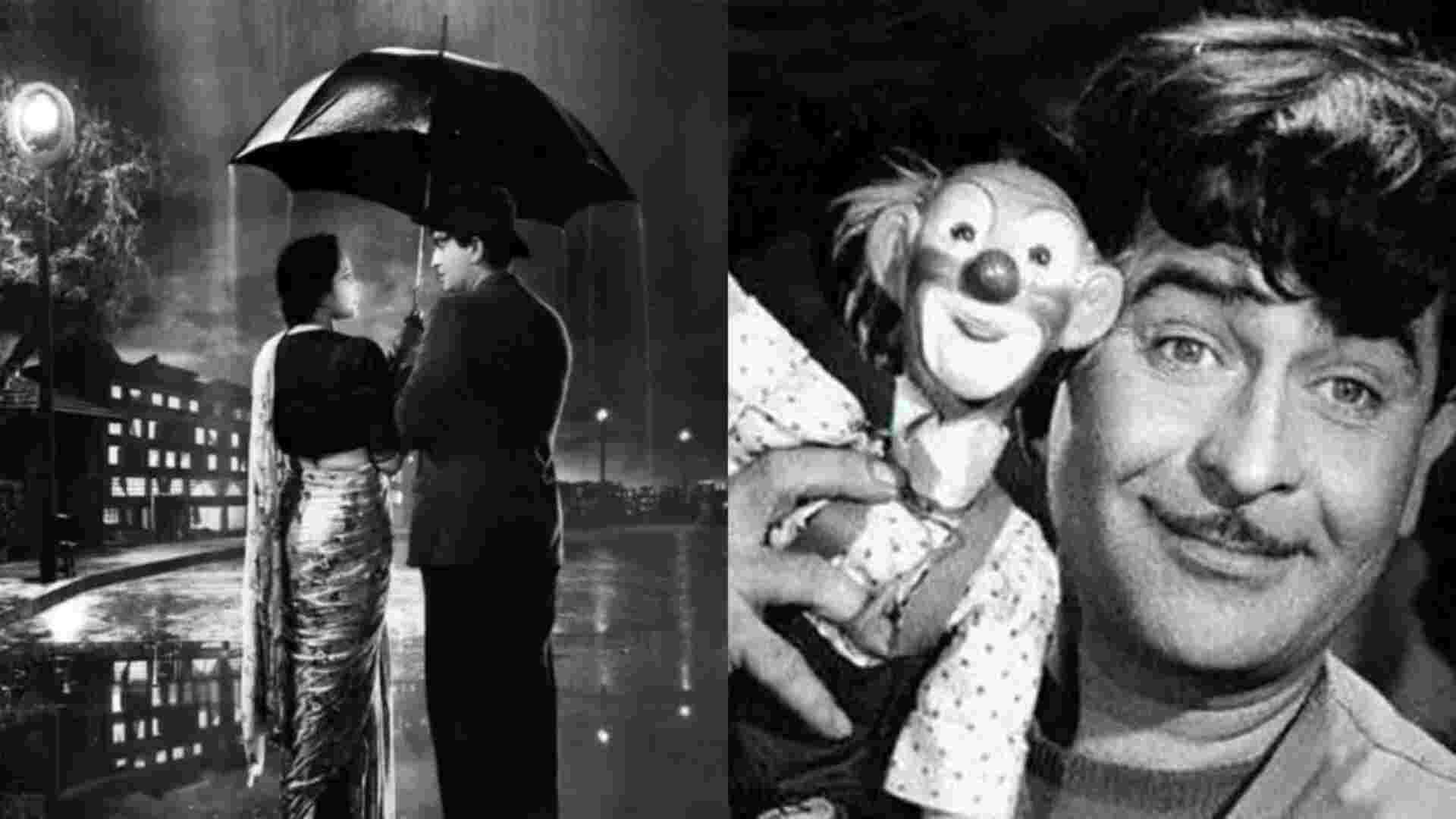
Study Highlights the Impact of Reiki on Pain, Fatigue, and Anxiety in Cancer Outpatients
Cancer treatments, such as chemotherapy and radiation therapy, can cause a range of debilitating side effects. Among these, pain, fatigue, and anxiety are some of the most common and distressing symptoms experienced by cancer patients. While conventional treatments help manage cancer and its symptoms, complementary therapies, such as Reiki, have gained attention for their potential to improve patients’ well-being. A recent study has shed light on the impact of Reiki on pain, fatigue, and anxiety in cancer outpatients, offering new hope for those struggling with these persistent symptoms.
Reiki, a form of energy healing that originated in Japan, is based on the concept that a universal life force energy flows through all living beings. Practitioners use their hands to channel this energy to promote healing and balance within the body. Reiki does not involve physical manipulation or medications, making it an appealing complementary treatment for those undergoing cancer therapy. This study explores how Reiki may alleviate some of the most troublesome side effects experienced by cancer patients, contributing to a better quality of life.
Cancer treatments, while effective in treating the disease, often come with significant side effects. Pain, fatigue, and anxiety are among the most common and challenging issues faced by cancer patients.
In light of these challenges, complementary therapies like Reiki have emerged as a potential way to support cancer patients in managing their symptoms and improving their quality of life.
The study in question aimed to explore the effects of Reiki on pain, fatigue, and anxiety in cancer outpatients. Conducted by a team of healthcare professionals, the research focused on patients receiving outpatient care, meaning they were not hospitalized and were continuing with their regular cancer treatments.
The study involved a randomized controlled trial with two groups: one receiving Reiki sessions and the other receiving standard care without Reiki. Patients in the Reiki group received several sessions over a period of time, each lasting around 30 to 45 minutes. The Reiki practitioners used hand placements over specific areas of the body, with the goal of channeling energy to promote relaxation and healing.
Both groups were assessed for their pain levels, fatigue, and anxiety before and after the intervention, using standardized measurement tools such as the Visual Analog Scale (VAS) for pain, the Fatigue Severity Scale (FSS), and the State-Trait Anxiety Inventory (STAI). These tools allowed researchers to track changes in symptom severity over time.
Reiki works by channeling energy through the hands of the practitioner to the patient. The underlying principle is that energy flows through all living beings, and when this energy is blocked or disrupted, it can lead to physical and emotional imbalances. Reiki aims to restore the balance of energy within the body, which is thought to promote healing and relaxation.
During a Reiki session, the patient typically lies down fully clothed, while the practitioner places their hands lightly on or just above different parts of the body. The energy flow is thought to stimulate the body’s natural healing mechanisms, promoting relaxation, pain relief, and overall well-being. Although the mechanisms behind Reiki are not yet fully understood, many patients report a sense of deep relaxation and comfort after receiving treatment.
In cancer patients, Reiki may help alleviate symptoms by reducing stress, promoting relaxation, and supporting the body’s healing processes. Given that cancer treatments such as chemotherapy and radiation can be physically and emotionally taxing, the calming effects of Reiki could provide significant relief and help restore balance during the treatment journey.
While Reiki is not intended to replace conventional cancer treatments, the study suggests that it can be a valuable complementary therapy. Reiki’s ability to reduce pain, fatigue, and anxiety may make it an effective addition to standard cancer care, helping patients manage the side effects of treatment and improve their quality of life.
Complementary therapies like Reiki are gaining recognition in cancer care as a way to support patients’ emotional and physical well-being. Many cancer centers are now offering integrative care programs that include complementary therapies alongside traditional treatments. Reiki is becoming increasingly popular due to its non-invasive nature and its potential to provide relief from common symptoms without the use of medications.
Although the results of this study are promising, further research is needed to fully understand the mechanisms behind Reiki’s effects and its potential for broader application in cancer care. Future studies could investigate the long-term benefits of Reiki, whether it can improve survival rates, and its impact on other symptoms such as nausea or depression.
Additionally, more research is needed to determine the optimal frequency and duration of Reiki sessions for cancer patients, as well as to assess its effectiveness across different types of cancer. While Reiki shows potential as a therapeutic intervention, it is essential to ensure that it is integrated into a comprehensive care plan that includes conventional medical treatments.
This study highlights the promising impact of Reiki on pain, fatigue, and anxiety in cancer outpatients, showing that it can serve as a valuable complementary therapy for managing these common and challenging symptoms. Reiki’s ability to promote relaxation, reduce stress, and support the body’s natural healing processes offers cancer patients an alternative means of improving their quality of life. As research continues to explore the benefits of Reiki, it may become an important part of integrative cancer care, providing patients with an additional tool to cope with the physical and emotional toll of cancer treatment.
While more research is needed to establish Reiki’s efficacy and safety fully, this study opens the door to a broader acceptance of complementary therapies in the management of cancer-related symptoms. It underscores the importance of considering the whole person in cancer care—addressing not only the disease itself but also the pain, fatigue, and anxiety that can undermine patients’ overall well-being.














